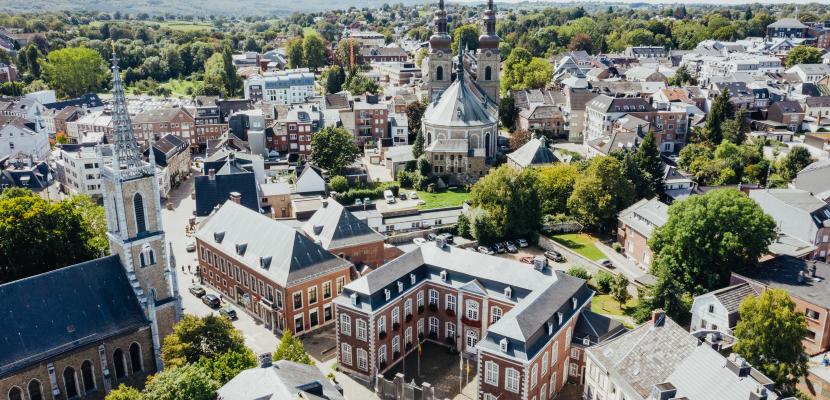
Permanent Citizens’ Dialogue in Ostbelgien

About this good practice
The permanent citizens' dialogue, introduced by the Parliament in 2019, has caused a stir nationally and internationally. It is one of the most consistent implementations of grassroots democratic approaches in Europe, is based on a legal foundation with its own budget and staff, and consists of two bodies:
- The citizens' assembly, that meets selectively, discusses a specific topic and makes recommendations to the politicians. It is composed of 25 to 50 citizens, who are selected by lot.
- The citizens' council, that organises the citizens' assembly, determines the topic for discussion and monitors the implementation of the policy. It is composed of 24 citizens who have previously participated in a citizens' assembly.
All meetings are professionally moderated. In the parliamentary committee, the recommendations are discussed publicly. Subsequently, parliamentarians and ministers have to prepare a statement and initiate the measures to implement the recommendations with which they agree. At the latest one year later, the parliamentarians, ministers and the citizens' assembly meet again to discuss the status of implementation.
Expert opinion
Resources needed
The main resources needed concern:
- The citizens' meetings (catering, room hire, moderation / expert & attendance fees, lottery procedure, travel expenses, car insurance)
- The citizens' council (attendance fee, travel expenses, car insurance)
- The publicity work (publicity campaigns, website...)
Evidence of success
The Ostbelgien Citizen Dialogue model has achieved notable results and impacts, demonstrating its effectiveness in enhancing democratic governance:
- Enhanced policy relevance and responsiveness
- Increased citizen trust and engagement
- Operational efficiency and sustainability
- Broader and more inclusive participation
- Positive public perception and learning
Its robust framework and positive outcomes underscore its value in fostering democratic engagement and improving governance.
Potential for learning or transfer
The Ostbelgien Citizen Dialogue model represents a significant innovation in participatory democracy, demonstrating how structured citizen engagement can enhance governance and public trust. This model, with its legally mandated permanent council, addresses key issues through a systematic approach that ensures both efficiency and inclusivity.
In summary, the model offers a robust framework for integrating citizen input into governance. Its emphasis on legal foundations, inclusivity, and effective communication of expert roles provides valuable insights for other regions seeking to enhance participatory democracy. The model’s success in building trust and ensuring accountability demonstrates the potential for citizen dialogues to significantly contribute to more effective and democratic governance.
Further information
Website
Good practice owner
You can contact the good practice owner below for more detailed information.
